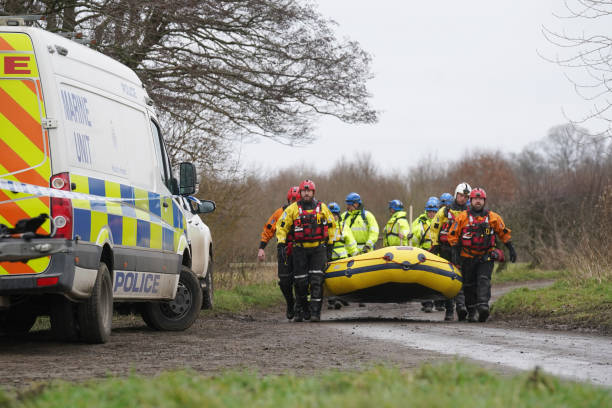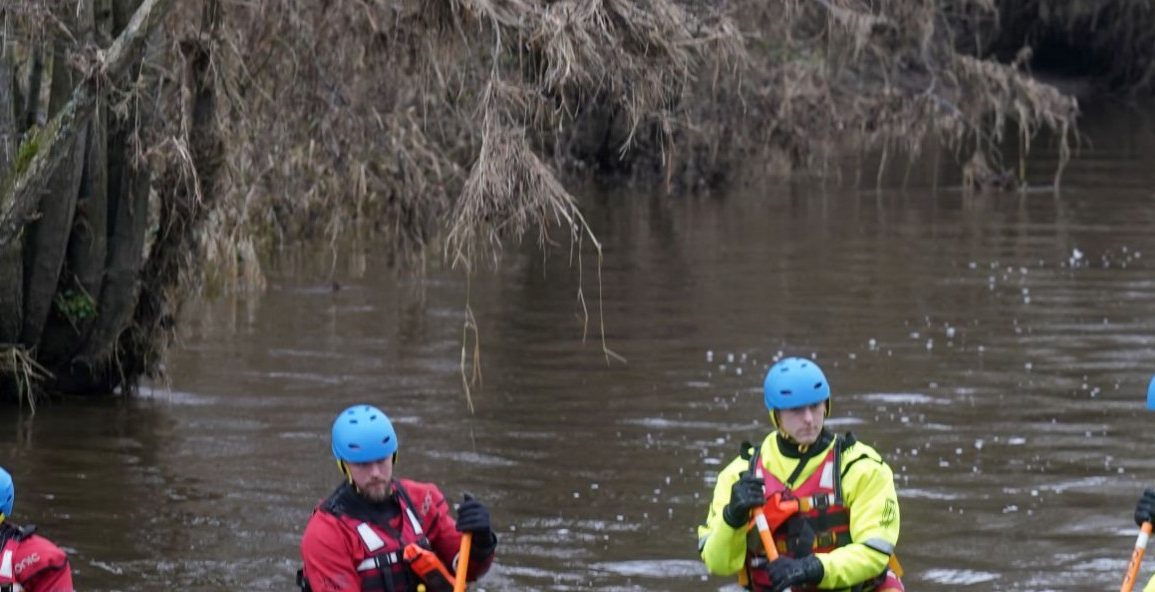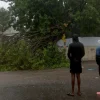Storm Darragh, the fourth named storm of the season, has caused widespread chaos across the UK, leaving thousands without power and disrupting transport networks.
Tens of thousands of homes have now gone three nights without electricity, with more than 66,000 people still affected by Monday. Strong gusts of up to 90mph brought down electricity lines, trees, and caused flooding across England, Wales, and Northern Ireland.
The Energy Networks Association (ENA) reported that more than 259,000 homes lost power at the peak of the storm, and the repair work has been slow due to dangerous conditions.
In Gwynedd, north Wales, John Butler, 77, and his dog were left without power for nearly 48 hours, relying on a gas stove and wood burner to stay warm.
Despite being offered a hotel stay by the energy company, Butler chose to return to his powerless home, where the restoration was constantly delayed.
The storm has also tragically claimed the lives of two men. Paul Fiddler, a football coach at Lytham Town FC, died when a tree fell on his vehicle in Longton, Lancashire.

In Birmingham, Kher Hussain Shahin was killed when a tree hit his car in Erdington. Tributes to both men poured in from communities devastated by their loss.
In addition to the power outages, flooding has affected many parts of the UK, with 37 flood warnings still in place as of Monday afternoon.
The River Severn, Britain’s longest river, overflowed its banks, leaving large areas at risk of more flooding.
Storm Darragh also wreaked havoc on train services, causing delays and cancellations on the west coast main line, as well as significant disruption in parts of Wales and Cornwall.
As the weather settles in the coming days, the UK faces the growing reality of more extreme weather events due to climate change. Many are calling for more preparation to better handle such disasters in the future.

